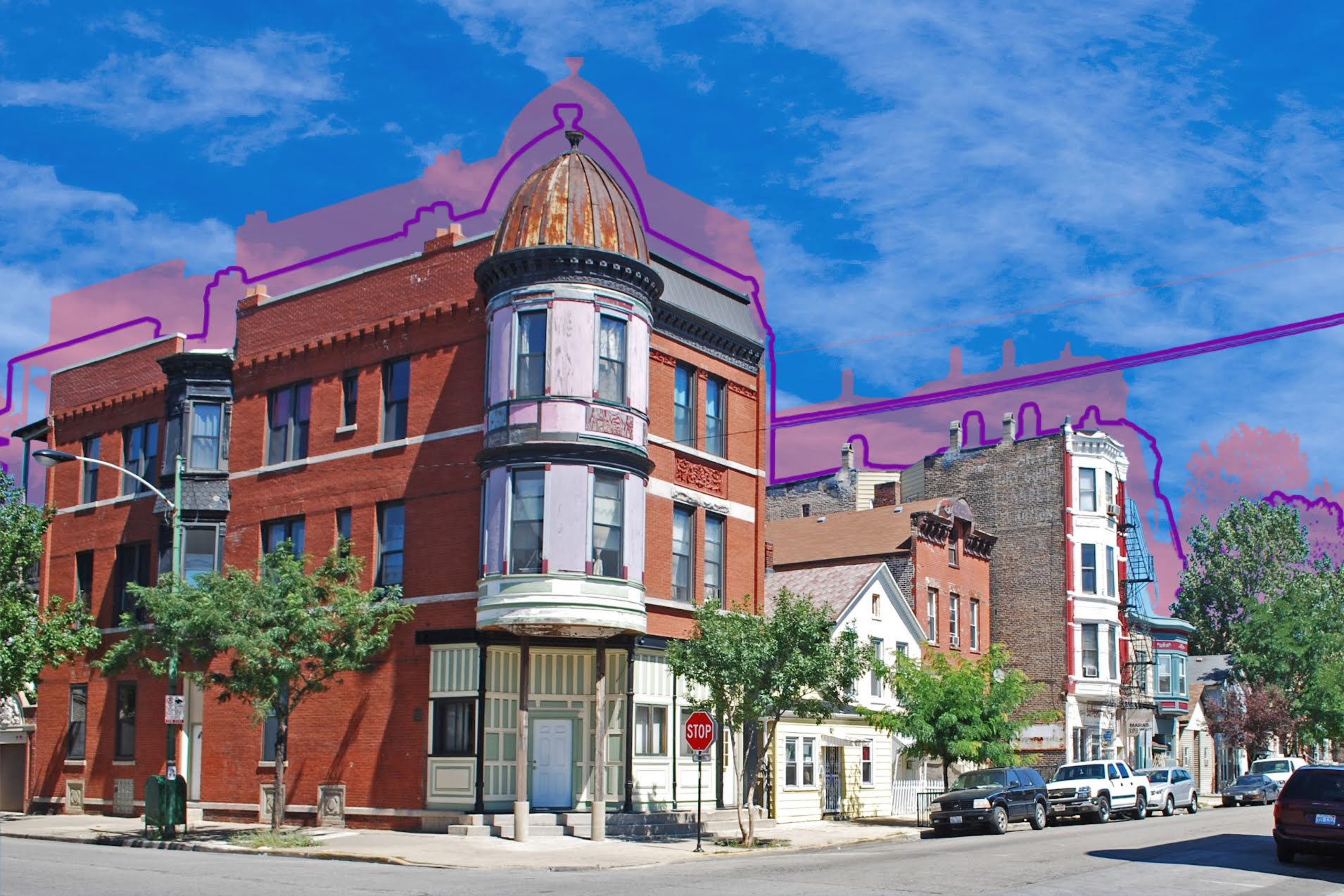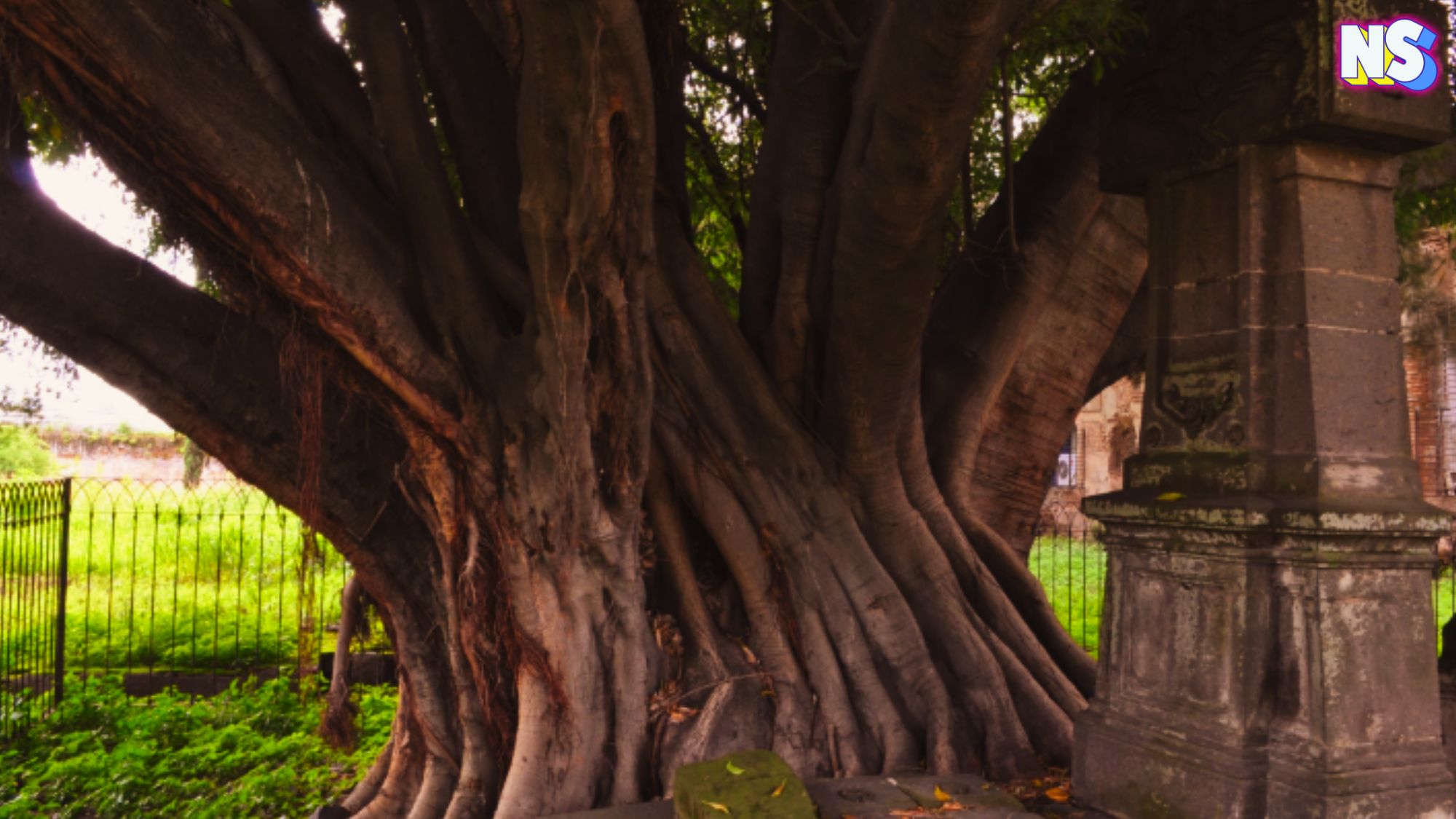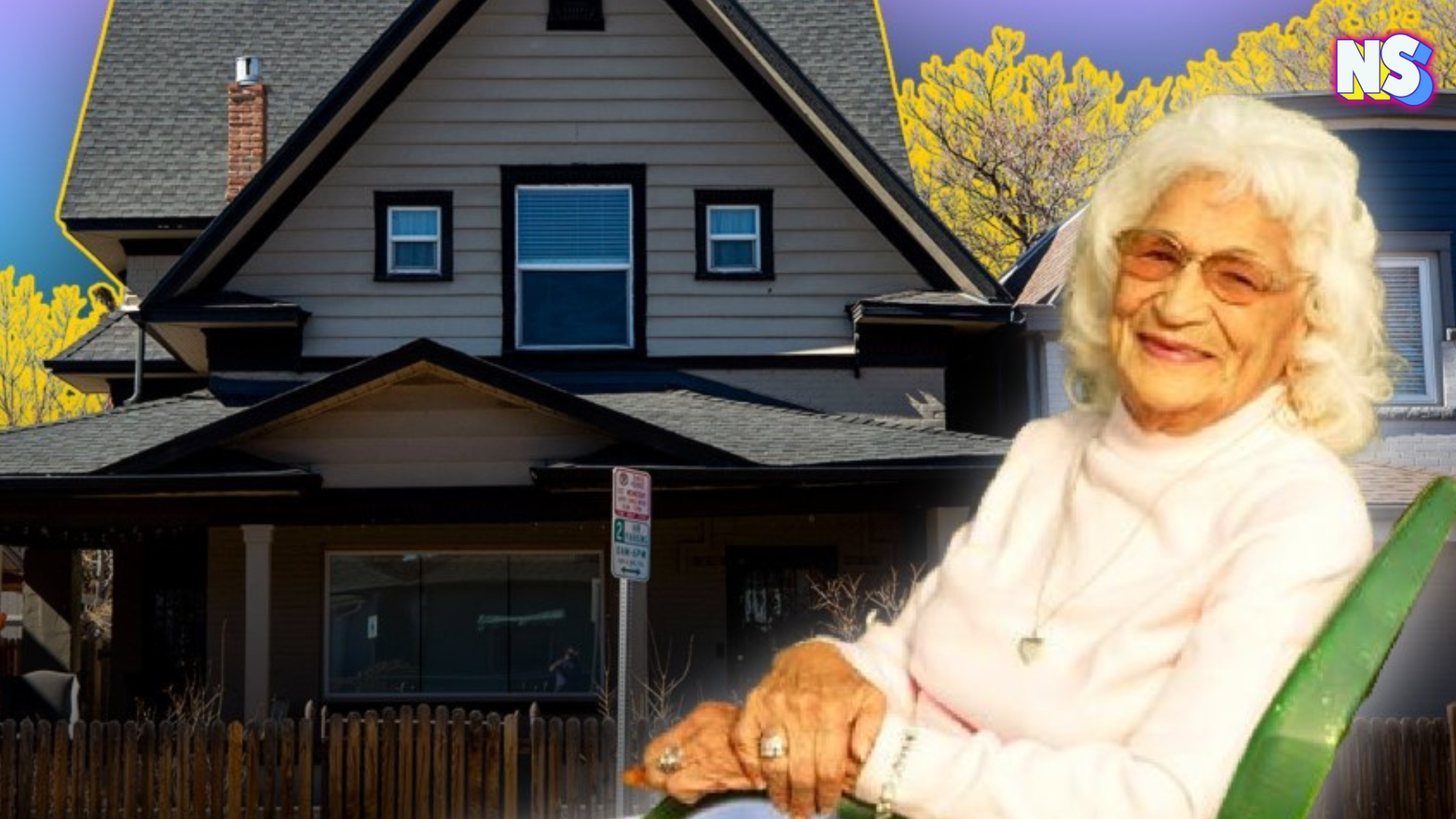Credit: Nuestro Stories
Throughout the course of America (or at least the America we know today), there have been a variety of points in life that have changed, altered, or inspired the course of history.
One of the major factors that contributed to an ever-changing landscape across the country was a phenomenon known as the white flight. A term that came about in the 50s and 60s, white flight refers to the sudden or large-scale gradual migration of varied European ancestries. A migration that was primarily caused by the Euro residents of the area being unwilling to live in proximity to non-white Europeans.
It was this phenomenon that led to burgeoning communities of color flourishing, creating their own unique space that brought culture, familial living, music, art, and a sense of tradition that they had been removed from due to the effects of colonization. One such neighborhood was the area of Pilsen, Illinois.
Between 1960 and 1970, Pilsen’s (named after a city in the Czech Republic) Mexican population doubled and made residents of Mexican descent the majority in the area. As the white flight progressed, activist Anita Villareal began a campaign to create a permanent space for Mexicanos in the town. As a real estate agent, she began setting up deals for Mexicans to set up their businesses and to find established family homes that could extend through the generations. To this day, her impact has continued to be felt, as Pilsen still maintains a predominantly Latino population.
However, the reverse of white flight is gentrification, and the city of Pilsen is not immune to the struggles. They are currently fighting through a wave of gentrification as housing prices rise and cafes begin to replace panaderias.
Read more: This Memorial Wall Pays Tribute to the Passengers of Flight 587
Interesting Facts about Pilsen, Illinois
- They are currently fighting through a wave of gentrification
- Cafes are replacing panaderias
- Check out the National Museum of Mexican Art while you visit Pilsen





